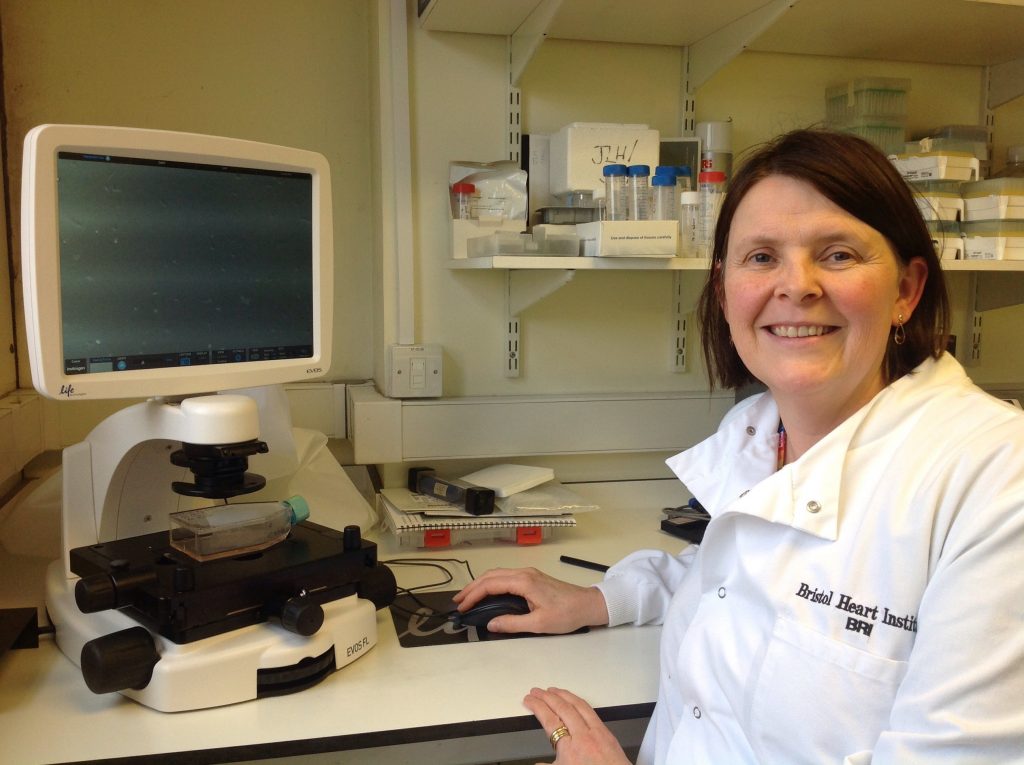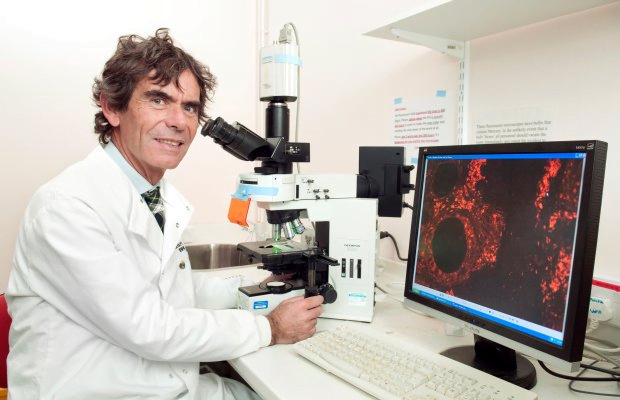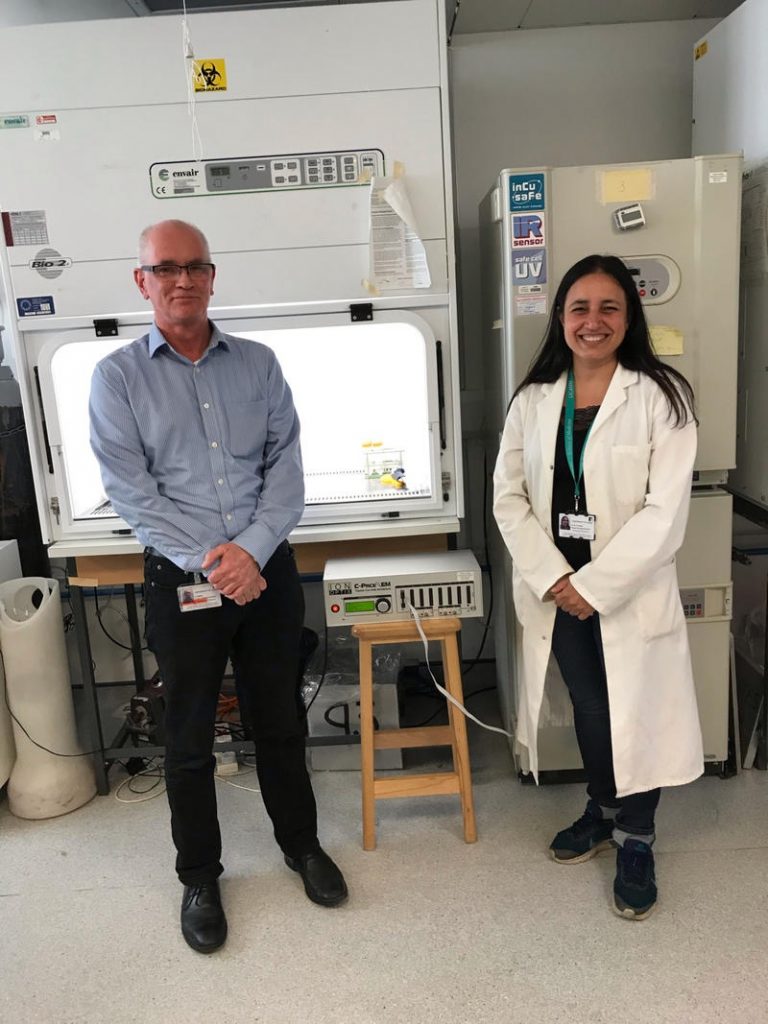Northern Ireland Grant
Dr Chris Watson, Queen’s University Belfast
Amount: £149,540

Summary: This project aimed to study how the genetic code is expressed in the heart and how this relates to the development of coronary heart disease. Several key genes were identified relating to cardiac fibrosis, a stiffening of the heart muscle. This provides new opportunities for diagnosis and drug treatments for the prevention of heart attacks and heart failure.
Coronary heart disease (CHD) is the most common cause of heart attack and is one of the UK’s biggest killers. Understanding the how CHD develops, and progresses, is key to the development of new drug treatments. A better understanding also helps in the development of new blood tests for diagnosis and for monitoring how well treatments are working.
Dr Watson and his team conducted a study looking at ‘DNA methylation’ – a process that affects how your genetic code is activated or ‘expressed’. DNA methylation can change due to environmental factors including reduced oxygen levels, called hypoxia, which is a characteristic of CHD due to reduced blood flow to the heart muscle. Changes in DNA methylation in the diseased heart are potentially reversible and may form the basis of new treatments in the future.
The aim of the study was to investigate DNA methylation patterns in CHD, and learn exactly what effects this is having, particularly on cardiac fibrosis, which can cause stiffening of the heart muscle. To achieve this, they examined DNA methylation patterns and gene expression patterns in heart tissue from patients diagnosed with CHD and compared to non-heart disease patients, using a technique known as genetic sequencing. It was discovered that there are a number of genes that are being switched off by DNA methylation, that are known to be important in the regulation of cardiac fibrosis.
In addition to this, the team measured levels of the genes identified in blood samples collected from patients who have suffered from a heart attack to determine if these genes could be used as potential new blood tests for CHD. For example, genes that are being switched off by DNA methylation, are therefore expressed less and will be decreased in blood samples and could indicate if a person is at risk of developing CHD or heart failure. On the other hand, increasing levels of these genes could indicate if someone who is being treated for CHD is getting better. We discovered a number of differentially methylated genes that could potentially be used in a biomarker panel; this is a blood test that measures levels of several different genes at the same time.
They were also able to show that one of the identified genes, ITGBL1, is of particular importance in the function of cardiac fibroblasts. ITGBL1 is very highly expressed in cardiac fibroblasts that are very active and stimulated, like those found in the diseased heart, and they showed that ITGBL1 plays an essential role in how these cardiac fibroblasts cause scarring in the heart. Therefore, if we can manipulate the expression of this gene in the diseased heart, scarring of the heart could be limited, allowing the heart to pump blood more effectively. This has the potential to directly improve the lives of heart disease patients.














